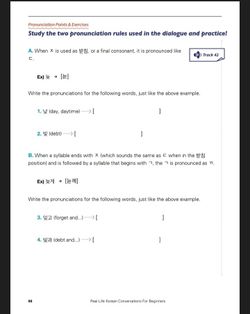Feb 27, 2022
VERB + (으)ㄹ 거예요, -보다 더, -고 오다
1️⃣. Tense (future)
VERB + (으)ㄹ 거예요 = I will VERB
- Used to express future plan or intention.
- Means the same as 'will' or 'be going to' in English.
- It is formed by adding (으)ㄹ 거예요 to the verb stem.
예)
방학에 한국에 갈 거예요
I'll visit South Korea during my vacation
2️⃣ Conjecture
Adj/Verb + (으)ㄹ 거예요
- Used to express speaker's supposition based on personal experience
OR
- something seen or heard that provides a basis for the belief.
- equivalent to 'think' or 'will' in english
예)
7시니까 미카 씨는 벌써 퇴근했을 거예요.
I think Mika has already left work because it's 7:00
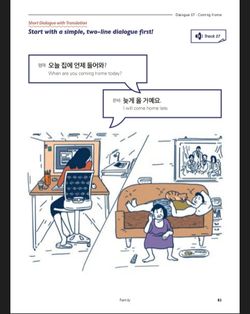
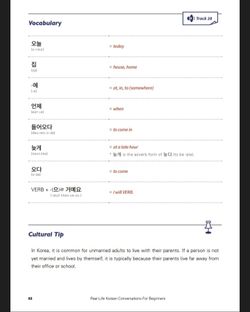
📚Conjugation
✏ Adj/Verbs ending with ㄹ or vowel = ㄹ 거예요
예)
알다 + ㄹ 거예요
= 알 거예요
You will know
마시다 + ㄹ 거예요
= 마실 거예요
✏ Adj/Verbs ending with consonants = 을 거예요
예)
먹다 + 을 거예요
= 먹을 거예요
❗(으)ㄹ 게요 vs (으)ㄹ 거예요
i. 을게요 only can be with the first person as a subject while -을 거예요 can be with the first, second and third person.
ii. 을게요 only is used as a statement while -을 거예요 can be used for a statement, question.
iii. 을게요 only can be with verbs while 을 거예요 can be with adjectives when it has a meaning of prediction.
Notes 📝
- When you use -을게요, there must be a listener who you give a commitment because -을게요 expresses ‘commitment‘. So it is not just a future tense, but it is a ‘promise‘
✅Conjugation Practice
Verb 동사
보다
주다
만나다
공부하다
살다
마들다
입다
받다
씻다
듣다
Adjectives 형용사
바쁘다
시원하다
덥다
가깝다
길다
멋있다
춥다
힘들다
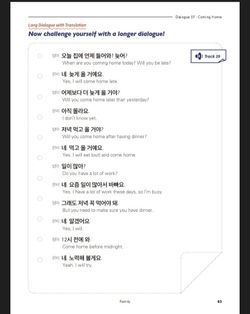
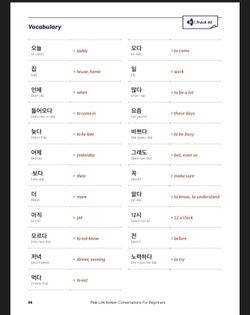
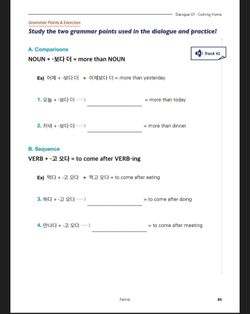
A. Comparisons
Noun + 보다 더 = more than Noun
- Indicates the word preceding it is the standard from which a comparison will be made.
예) 사과보다 딸기를 더 좋아해요.
I like strawberry more than apple.
📚
여름 vs 겨울
여름과 겨울 중에 뭐가 더 좋아해요?
Between summer and winter, which one do you like more?
산 vs 바다
바다ㅇㅇ 산을 ㅇ 좋아해요?
Do you like sea **** **** mountain?
펜 vs 연필
일기 쓸 때 펜이 많이 써요, 연필이 많이 써요?
When writing a diary, you often use pen or pencil?
B. Sequence
Verb + 고 오다 = to come after Verb-ing
- Indicates a sequence where when action A finish, action B will take place.
E.g.
씻다 + 고 오다 = 씻고 오다
Come after (you finished) showering
Practice
일하다
자다
공부하다
만들다
읽다
